Can Houseplants Cause Seasonal Allergies
Being allergic to pollen does not mean that you cant enjoy Houseplants. So if you are looking to add some greenery indoors but suffer from allergies or asthma make sure you limit or avoid these houseplants.

Pin On Bedroom Ideas And Bedding
Its the wind-pollinated plants that cause the most problems for allergy sufferers.

Can houseplants cause seasonal allergies. Indoor plants are more leafy than flowering and do not pollinate as much as outdoor plants. There are lots of things you can do to keep your houseplants. You can get relief from this problem by growing certain houseplants that collect pollen and pollutants in their leaves helping to clean the air in your home.
Their small dull inconspicuous flowers produce clouds of tiny light pollen grains that are blown aloft for great distances and can easily penetrate window screens. For people who suffer from allergies due to pollen and other indoor pollutants this means more sneezing and watery eyes indoors. It is common to mistake a mould allergy for a plant allergy.
Ficus Weeping Fig Orchids. On the other hand certain indoor plants can make it more difficult to breatheespecially if you have pollen or mold allergies. Ornamental plants including yucca ivy palm trees and Ficus benjamina weeping fig can cause adverse reactions in those with allergies Mahillon et.
Ferns are among the most common houseplants but also a common cause of allergic reactions. Being able to identify the worst house plants for your allergies will help you feel and breathe better. Some houseplants filter harmful toxins and pollutants out of the air like benzene formaldehyde and trichloroethylene that come from everyday substances like certain detergents wood products and paints.
Thats largely due to the airborne spores they release which can be a serious cause for concern among. Hoya compacta a popular succulent vine also referred to as wax plant can cause respiratory symptoms such as nasal congestion runny nose and sneezing Sherson et. 1-4 Heres a look at some of the best and worst houseplants for allergy.
Dust pollen mold spores tobacco smoke and pet dander accumulate if your house is sealed shut. When it comes to house plants youre more at risk for an allergic reaction if youre allergic to mold than pollen. Is it not so great to know that you can still enjoy your spring garden its all a matter of selecting the right plant.
Common flowering houseplants can cause allergies. The level of air pollutants in the average home is 10xs the level of pollutants outside. Symptoms can include itching eczema contact dermatitis skin lesions hives or photodermatosis.
This can contribute to developing allergies all year long. The NASA studies recommend two rubber trees in 8- to 10-inch pots for every 100 square feet of space in your home. Mould can easily grow in the soil of houseplants and it can be this that triggers a reaction rather than the plant itself.
Begonias scented geraniums orchids and poinsettias are the main culprits for this allergic reaction. Indoor plants especially those that are kept in damp wicker baskets are a source of molds. If youre allergic to mold and you breathe it in youll end up with an allergic reaction.
Some offending indoor plants are the weeping fig Ficus benjamina which can cause eye allergies and the flowering maple Alutilon hybridum which can cause asthma. If you close up your house clean up your inside air with a good air purifier. Often the soil in potted plants terrariums dried flowers and Christmas trees retain moisture and harbor mold.
Another of the best houseplants for beginners and one of the top clean air plants Rubber Tree Ficus elastica can help allergy sufferers by purifying the air of chemical toxins. Flowering plants that are highly fragrant or produces too much pollen may be a NO NO for those that have allergies. Other allergens to watch out for.
Which Plants Cause the Worst Allergies. Some plants ooze liquid from the leaves stem or fruit which when touched can trigger an allergic reaction. They produce pollen that triggers allergic rhinitis.
Yes some indoor plants can make it very difficult to breathe especially if you are allergic to mold or pollen. However not all indoor plants are created equal as some plants can actually help improve the quality of your air which can make it easier for you to breathe.
10 Worst Indoor Houseplants For People With Allergies

Pin On Environmental Allergies

Reduce Common Household Allergens Seasonal Allergies Dust Pet Dander Air Purifier Pest Control Household Pet Dander Seasonal Allergies Allergy Medication

5 Plants You Can Put In Your House To Clear Your Lungs With Every Breath Plants Natural Decongestant Lungs Health
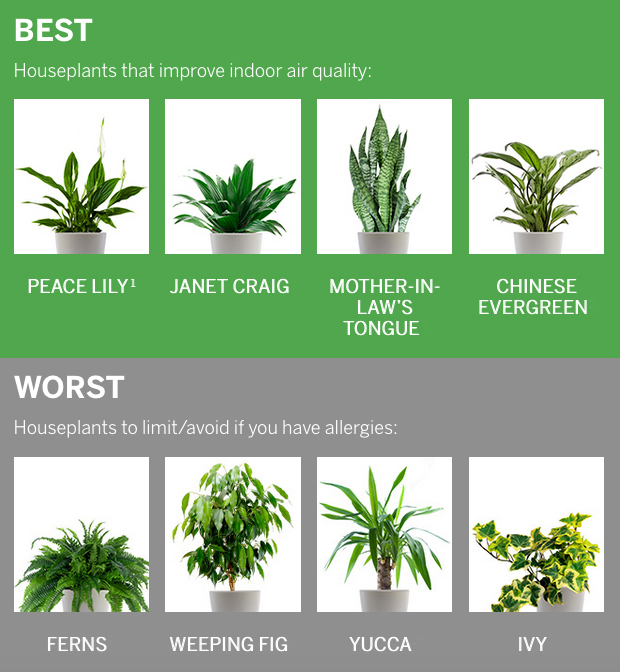
Healthy Houseplants Your Stuffy Nose Will Love Good Earth Plants

Top 10 Best Houseplants For Allergy Sufferers Houseplant Help

The Peace Lily Is One Of The Most Forgiving Houseplants If You Put It In A Shady Location Inside Plants House Plants Indoor House Plant Care

10 Indoor Herbs For Asthma And Allergies Herbs Indoors Plants Indoor Plants Clean Air

Can Houseplants Cause Allergies Which Ones To Avoid
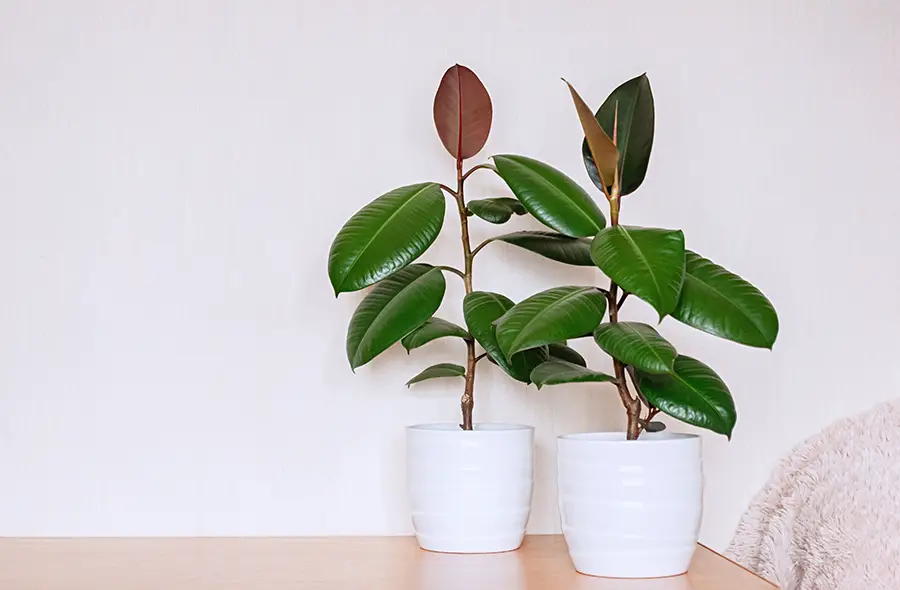
Top 10 Best Houseplants For Allergy Sufferers Houseplant Help
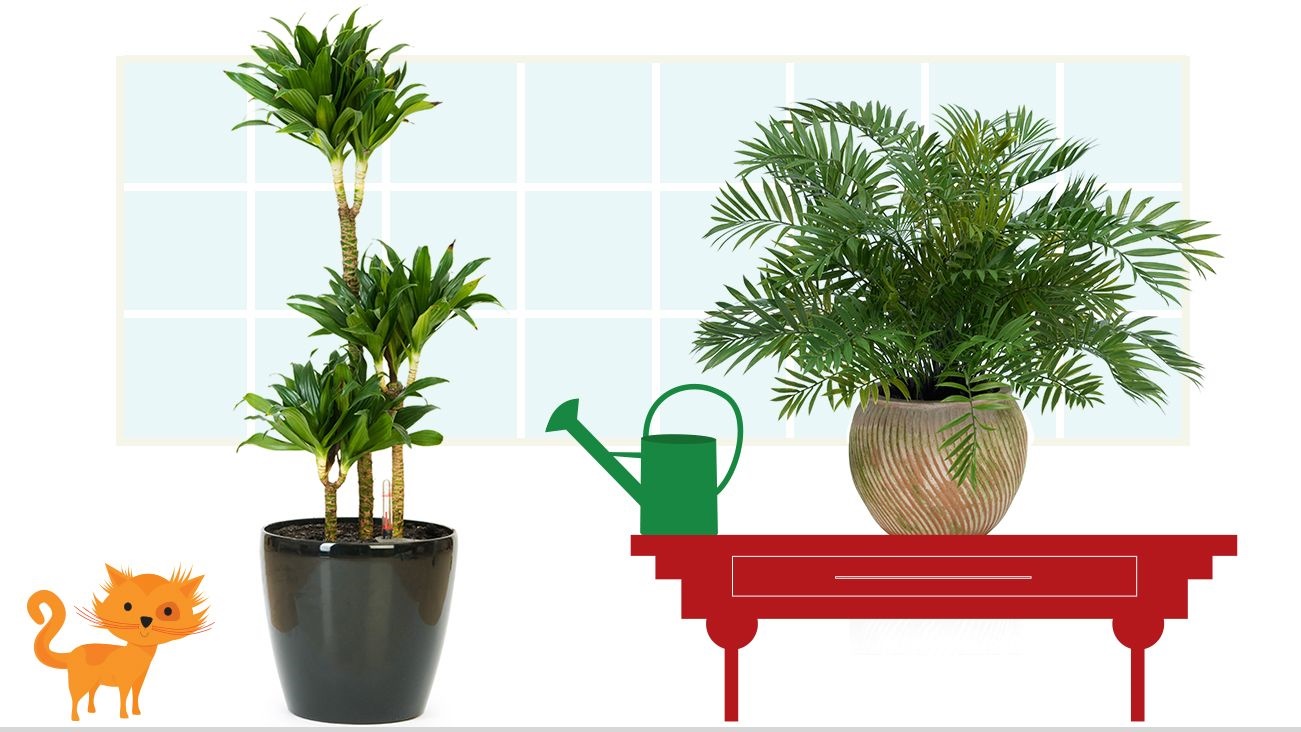
5 Best Allergy Friendly House Plants Zyrtec

Top 6 Houseplants To Avoid If You Have Allergies Phoenix Allergies
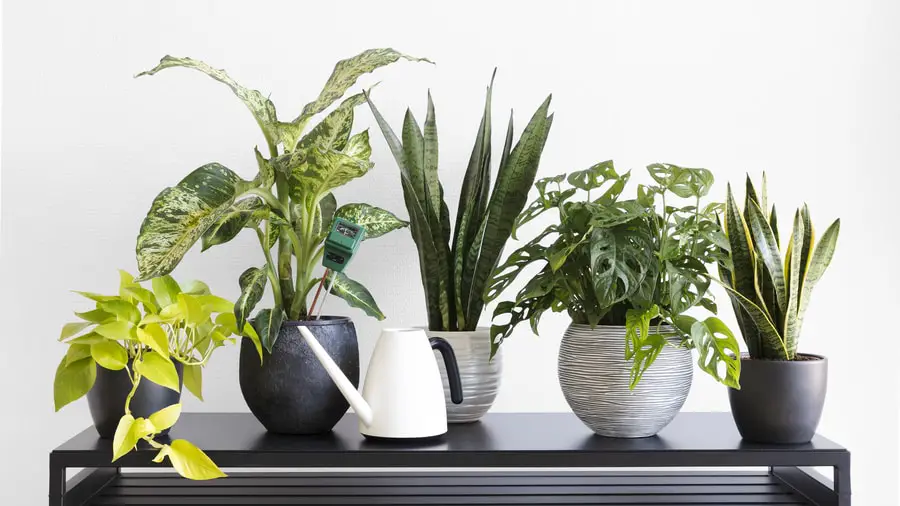
Top 10 Best Houseplants For Allergy Sufferers Houseplant Help

Best And Worst Houseplants For Allergies Flonase

Can Indoor Plants Cause Allergy Problems



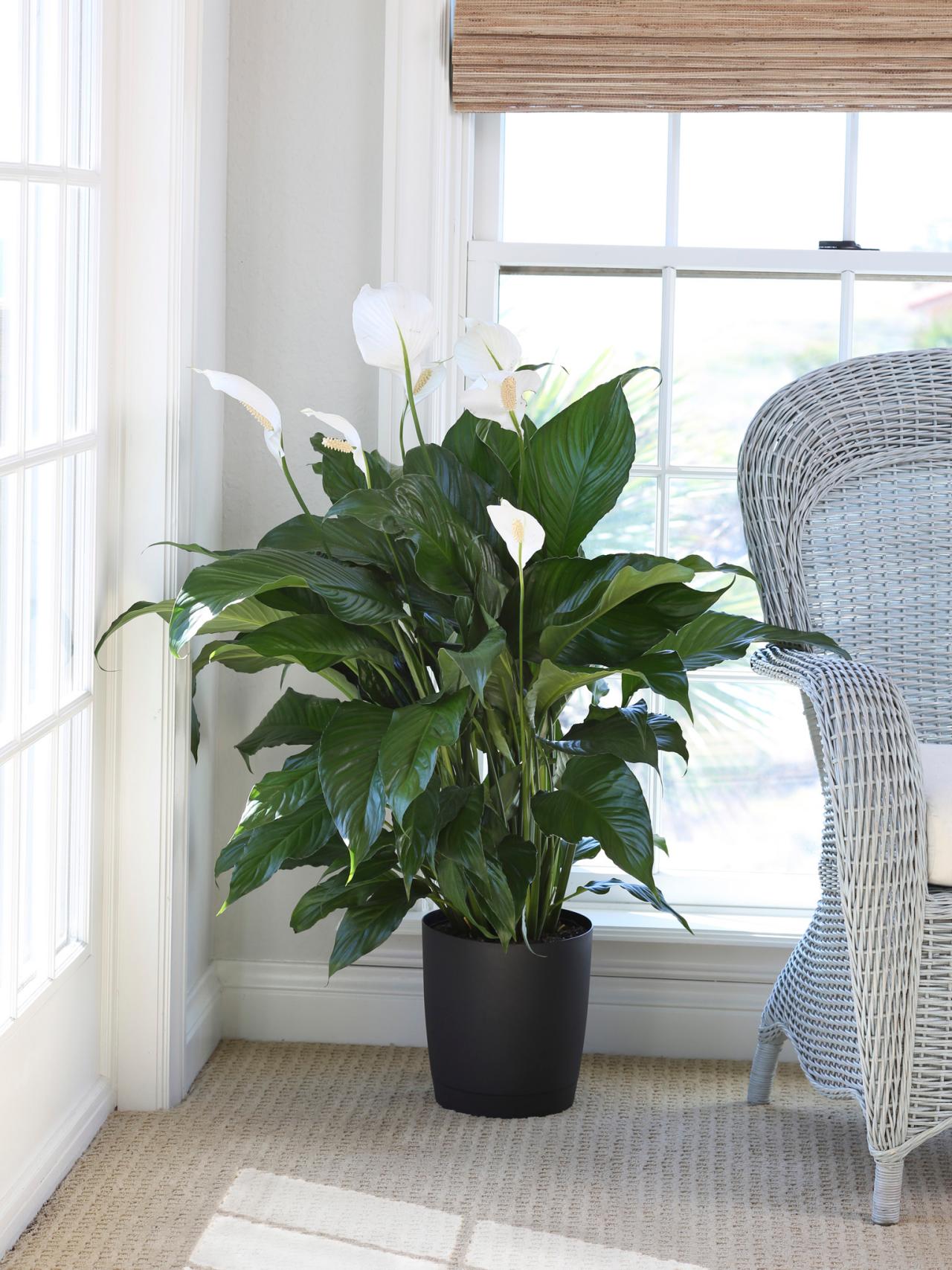
Post a Comment for "Can Houseplants Cause Seasonal Allergies"